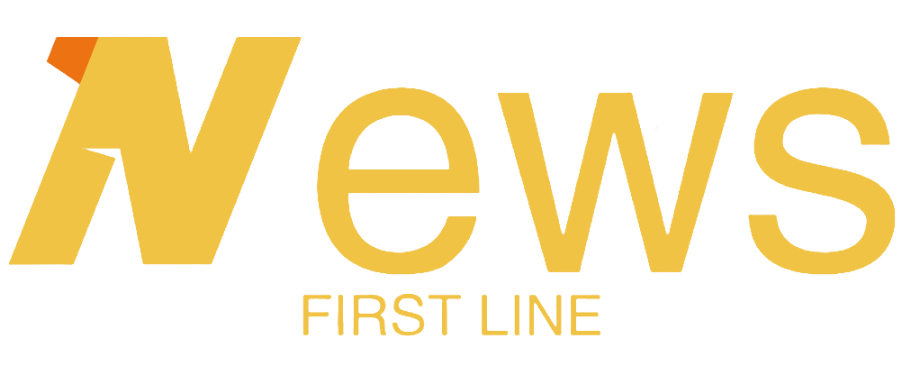In a move driven by increasing regulatory uncertainty, Bakkt, the prominent U.S.-based cryptocurrency platform, has announced the delisting of Cardano (ADA), Polygon (MATIC), and Solana (SOL), according to a report by Fortune on June 16. Bakkt’s decision comes as the company awaits further clarity on how to compliantly offer a broader range of cryptocurrencies.
Bakkt’s general counsel and secretary, Marc D’Annunzio, expressed the need for more regulatory clarity, stating, “[Bakkt is taking this measure] until there is further clarity on how to compliantly offer a more extensive list of coins.”
The delisting of these assets comes in the wake of the U.S. Securities and Exchange Commission (SEC) labeling them as securities in a lawsuit against leading crypto exchanges Binance and Coinbase. The SEC alleges that these exchanges violated federal securities laws by facilitating the trading of unregistered securities tokens.
However, the teams behind Cardano, Polygon, and Solana have strongly contested the SEC’s classification of their respective digital assets. Bakkt’s decision follows a previous delisting of 25 cryptocurrencies in May, including notable projects such as Filecoin, Avalanche, Uniswap, Chainlink, Cosmos, Stellar, and Internet Computer. At the time, Bakkt attributed the move to regulatory changes taking place within the cryptocurrency space.
Prior to this, Bakkt had also delisted Algorand and Decentraland in April, following an SEC lawsuit against Bittrex.
While Bakkt continues to support eight cryptocurrencies, including Bitcoin, Ethereum, Dogecoin, Litecoin, USDC, and Shiba Inu, the recent regulatory actions by the SEC have prompted several U.S.-based crypto firms to reconsider their cryptocurrency listings.
Over the past seven days, two prominent cryptocurrency trading platforms have announced their intentions to cease support for specific digital assets that the SEC has classified as securities. On June 9, Robinhood revealed that it would discontinue support for ADA, SOL, and MATIC by June 27.
Shortly thereafter, eToro, another popular trading platform, restricted its U.S. customers’ access to four cryptocurrencies, namely DASH, MANA, ALGO, and MATIC.
As the regulatory landscape evolves, the SEC’s enforcement efforts and classification of digital assets continue to impact the cryptocurrency industry. Market participants and crypto exchanges are closely monitoring developments to ensure compliance and navigate the evolving regulatory environment.



